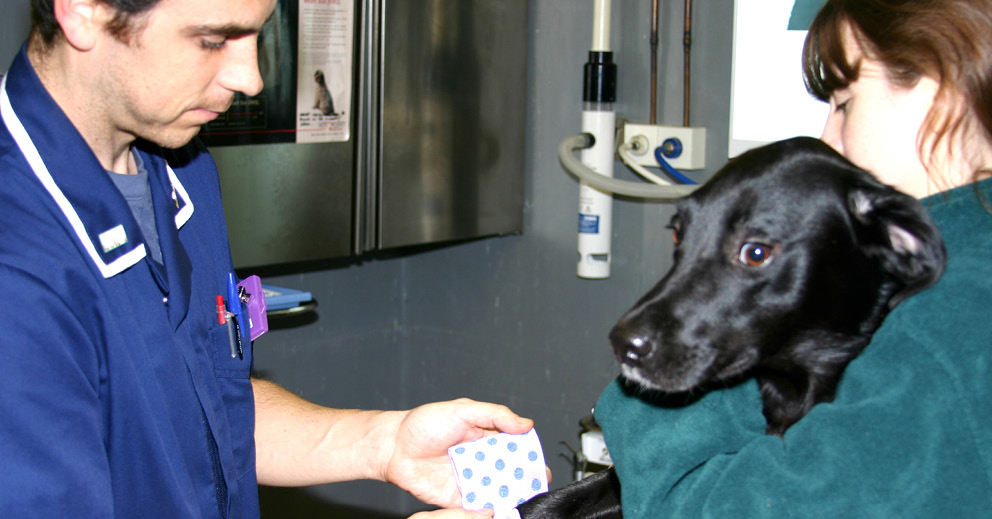
If you’re working as a Veterinary Care Assistant and looking to progress in your career, have you considered going on to train as a veterinary nurse?
Veterinary nursing is a popular progression route for VCAs, and what’s more – your experience and qualifications may already meet the entry requirements needed to apply for the Level 3 Diploma in Veterinary Nursing. Read on to find out more about why you might look to progress onto veterinary nurse training, and whether you’re qualified to begin formal training now.
Am I qualified?
In order to apply for the Level 3 Diploma in Veterinary Nursing, you must have a minimum of 5 GCSEs at grades 9-4 (A*-C), including English Language, Mathematics and a Science subject. Students with Scottish qualifications are required to have 5 subjects at a National 5 or Higher/Advance Higher at level A, B or C; to include Maths, English and a Science.
If you do not meet these requirements, there are alternative qualifications that may be acceptable. For example, veterinary care assistants who successfully complete the Level 2 Certificate in Veterinary Care Support or the Level 2 Diploma for Veterinary Care Assistants, in combination with a full level 2 qualification in Maths and English (e.g. GCSE Grade C or above or Level 2 Functional Skills).
There are two routes:
- If you are employed in an RCVS Training Practice (TP) you can start training as a student veterinary nurse at any time (as long as you meet the entry criteria). It should take between two and three years to complete, depending on if you do the diploma as a standalone qualification or as part of an apprenticeship.
- If you are not employed in a TP then you could consider undertaking our three year programme which includes a year long unpaid work placement in a TP in year two which will be sourced for you by our placement team.
If you meet the entry requirements, you could also consider training as an Equine Veterinary Nurse by undertaking our Level 3 Diploma in Equine Veterinary Nursing.
Why progress onto veterinary nursing?
Training as a veterinary nurse can be a valuable and rewarding career progression route for veterinary care assistants. There are several reasons why veterinary care assistants might consider furthering their education and training to become veterinary nurses:
Advancing clinical skills and knowledge
Veterinary nurses undergo formal training, which includes theoretical and practical coursework in areas such as anatomy, pharmacology, surgical nursing, radiography, and more. This education equips them with a deeper understanding of animal health and a wide range of practical nursing skills.
Boosting earning potential
Job prospects for registered veterinary nurses continue to remain high in veterinary practice and in related industries. What’s more – salary prospects have improved significantly in recent years, the median salary package for qualified veterinary nurses is now £30,500 (SPVS Salaries Survey 2022/3).
Widening career options
Upon completion of formal studies, veterinary nurses have numerous professional opportunities. You could remain in first opinion practice; move into referral practice and specialise in a particular area, train as an equine veterinary nurse, or find work in related industries such as management, research, teaching, sales or rehabilitation with further training.
What other career progression options are open to me as a veterinary care assistant?
Many VCAs choose to remain in their current role and undertake further training and education to develop as a VCA. From undertaking formal qualifications in veterinary care, to exploring additional training in customer service or veterinary reception, there are many professional development options available to VCAs. Whether you’re already working as a veterinary care assistant or looking to enter the field in the future, read our blog post exploring how VCAs can progress in their career.
